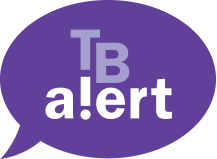The World Health Organization (WHO) has launched ethics guidance for TB to help protect the rights of affected communities worldwide. The guidance focuses particularly on the vulnerable communities who bear the greatest burden of TB: migrants; prisoners; ethnic minorities; miners; and marginalised women, children and older people.
The guidance addresses issues such as isolation, the rights of TB patients in prison and discrimination against migrants affected by TB. It emphasises five key ethical obligations for stakeholders to meet:
- provide patients with the social support they need to fulfil their responsibilities
- refrain from isolating TB patients before exhausting all options to enable treatment adherence and only under very specific conditions
- enable “key populations” to access same standard of care offered to other citizens
- ensure all health workers operate in a safe environment
- rapidly share evidence from research to inform national and global TB policy updates.
The guidance we have released today aims to identify the ethical predicaments faced in TB care delivery, and highlights key actions that can be taken to address them.
Dr Mario Raviglione, Director, WHO Global TB Programme
TB strikes some of the world’s poorest people hardest. WHO is determined to overcome the stigma, discrimination, and other barriers that prevent so many of these people from obtaining the services they so badly need.
Dr Margaret Chan, WHO Director-General
View the guidance on the WHO website
